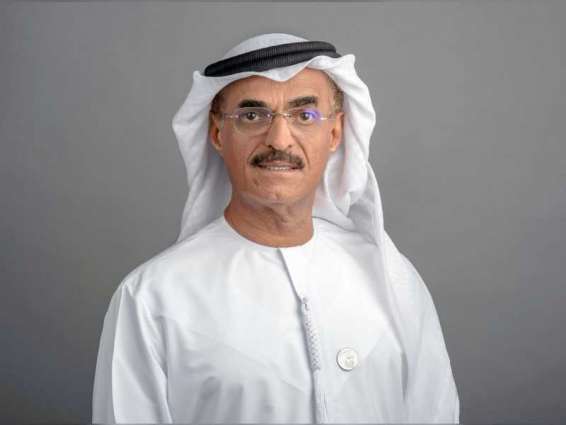DUBAI, (Pakistan Point News - 26th Jan, 2021) By optimising the use of resources and reducing waste, the transition to a circular economy will enable the UAE to unlock new sustainable economic opportunities that will help the nation become stronger, more resilient, and more prosperous following the massive disruptions caused by the COVID-19 pandemic, Dr. Abdullah Belhaif Al Nuaimi, Minister of Climate Change and Environment, has said.
The minister spoke on the heels of the Cabinet’s approval of the UAE Circular Economy Policy 2021-2031 that targets the adoption of the circular economy concept in four priority areas – green infrastructure, sustainable transportation, sustainable manufacturing, and sustainable food production and consumption.
"The shift to a circular economy will require a concerted effort from national and local government, the private sector, and the general public. Therefore, the UAE Circular Economy Policy 2021-2031 is also a call to action for all stakeholders across the board to consider how they can think and act in a more circular way to support the transition that aligns with the objectives of the UAE Centennial 2071," he added.
The Ministry of Climate Change and Environment (MOCCAE) developed the policy in collaboration with the Ministry of Economy, the Ministry of Cabinet Affairs and the Future, and the Office of the Minister of State for Artificial Intelligence, Digital Economy and Remote Work Applications. Its objectives include building a sustainable economy, promoting the efficient use of natural resources, encouraging the private sector to shift to cleaner industrial production methods that involve the use of artificial intelligence (AI) and other Fourth Industrial Revolution (4IR) technologies, and adopting sustainable consumption and production patterns that reduce environmental stress while meeting the basic needs of the population.
The policy outlines supporting measures for a smooth and successful shift to a circular economy. These include setting a clear direction for the adoption of circular economy principles, collecting, sharing, monitoring, and analysing relevant information, conducting R&D in the field, raising awareness and building capacities, creating partnerships and collaboration platforms, providing access to sustainable finance, developing and implementing circular public procurement policies, and improving waste management.
The transition will bring multiple economic, environmental, and social benefits, such as increased disposable income through lower cost of products and services and higher productivity, reduced demand for raw materials, lower CO2 emissions, boosted employment, enhanced the quality of life through easier access to goods and services, and improved health through reduced pollution and better availability of healthier, more nutritious food.
The policy development stage involved the analysis of the status quo and current challenges, consultation of 40 stakeholders from the government and private sectors, and international benchmarking of circular economy policies and plans from South Korea, Japan, China, France, Finland, Italy, the Netherlands, and the UK.




